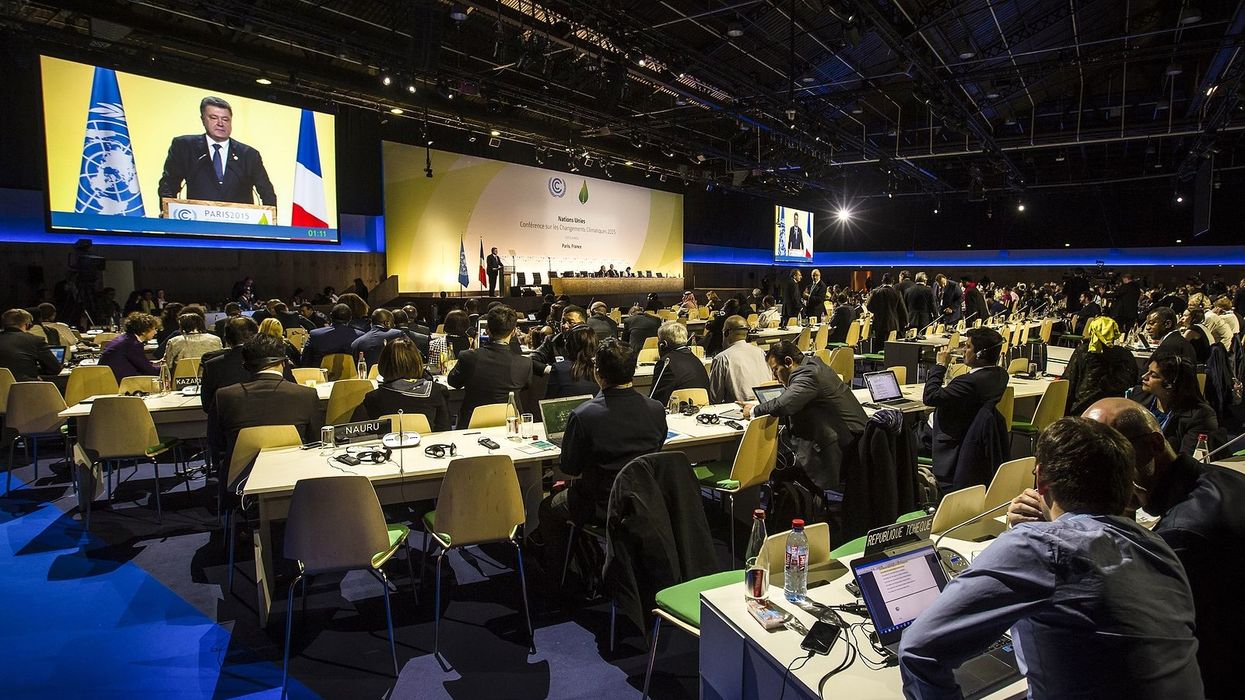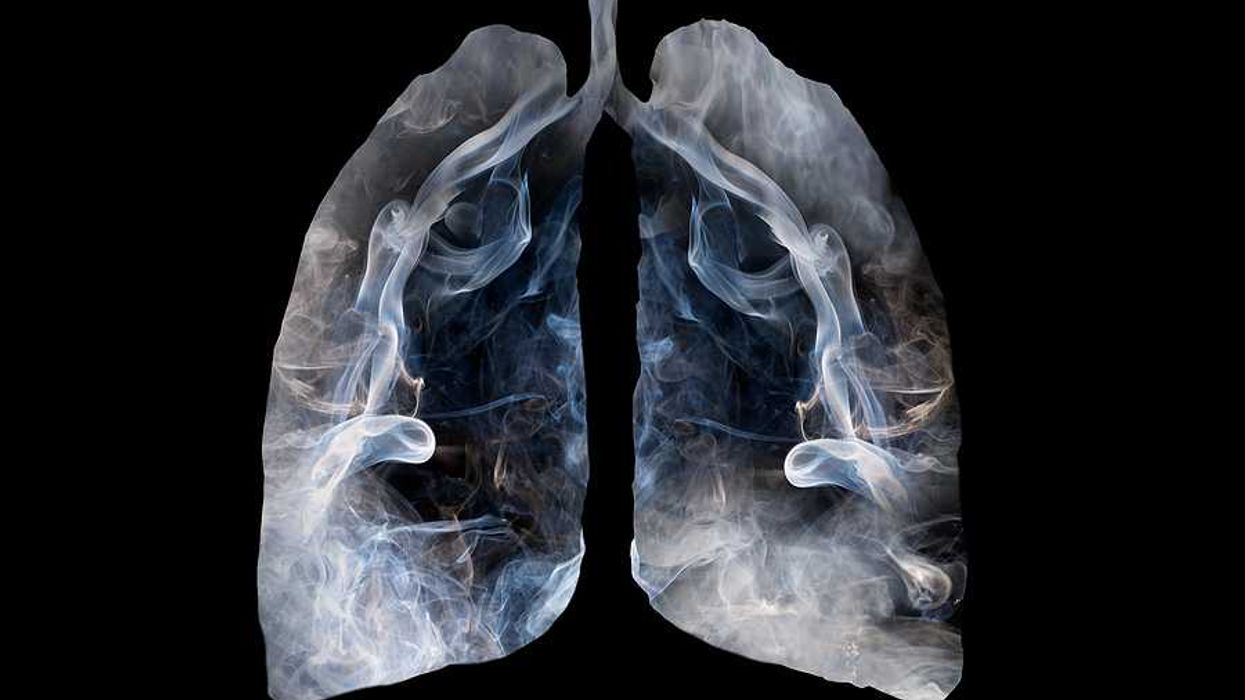A new report faults the U.S. and other nations for providing incentives for the mining of rare metals like lithium and cobalt without enacting adequate labor and environmental safeguards, Katie Surma reports for Inside Climate News.
In a nutshell:
Key quote:
“We have to move away from fossil fuels and that requires minerals to manufacture renewable technologies,” said Caroline Avan, one of the authors of the report. “There is no way around that, but it should not mean we have to mine everywhere without any sort of safeguards.”
Big picture:
Global demand for mission-critical minerals and metals and the promise of massive profits are a powerful incentive to cut corners and discourage public input through corrupt processes and at times, violent suppression of human rights defenders.
Read the full story at Inside Climate News.














